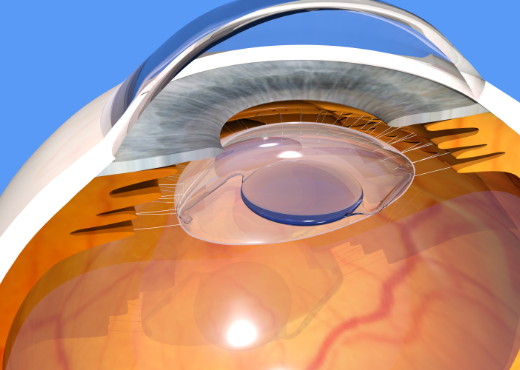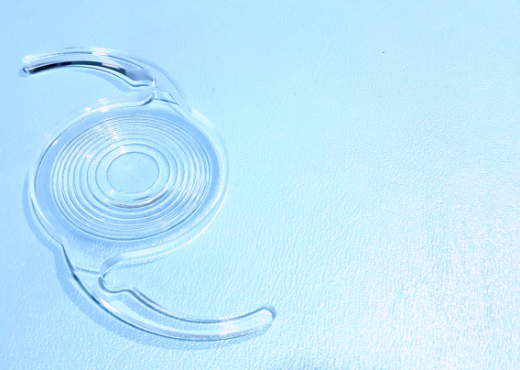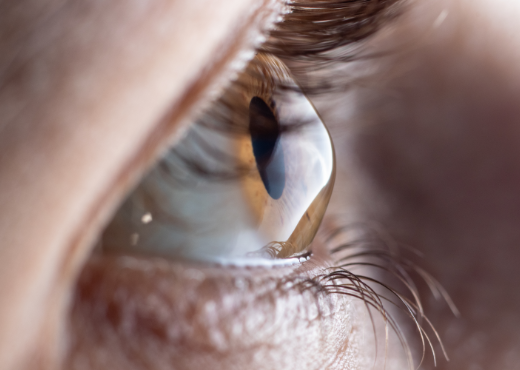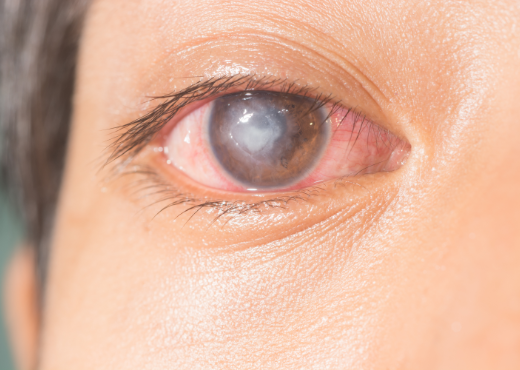Loading...
The crystalline lens within the human eye is generally transparent and allows uninterrupted transmission of light to form clear images of the outside world. When this crystalline lens becomes cloudy due to ageing changes, the vision becomes blurred and this is termed as the cataract.
The development of cataract in one or both eyes could present with visual blurring to distance, reading or driving vision. Often, patients report blurring, eye strain or glare symptoms with early cataracts followed by progressive painless decrease in distance vision over a few months and up to a year. Patients who pursue hobbies such as golf, bird watching, cycling, tennis, driving, painting or playing musical instruments often are sensitive to visual alterations resulting from early cataract and their effects on the performance of the chosen profession or activity.
Cataract surgery involves removal of the cloudy crystalline lens using a small incision technique and replacement with an artificial intra ocular lens. The procedure is undertaken under a local anaesthetic and is a pain free operation. The surgery takes approximately 20 minutes and is performed as a day case procedure without the need for overnight admission. Occasionally a general anaesthetic might be required for the procedure.
Cataract removal should be followed by replacement of an artificial intraocular lens (IOL) to restore vision. The last two decades had seen significant innovations in the design of intraocular lenses that allows customisation of vision to match the requirement of the patient. The choice of intraocular lens depends of the patient’s pre-existing refractive error (short sight, long sight, presbyopia or astigmatism) to achieve best vision possible for distance and near following cataract removal surgery.
The types of intraocular lenses are described below:





Monofocal IOL
A monofocal IOL is a common form of IOL that would allow good sight at distance and patients will need to use specs or varifocal glasses for all reading tasks including computer work and close reading. This is the IOL that is used commonly in all NHS cataract procedures in the UK.
Premium IOL’s
These are advanced optic IOL’s aimed to correct astigmatism, presbyopia, short sight and hyperopia to provide maximum spectacle independence for distance and reading for patients undergoing cataract surgery. The types of premium IOL are Toric IOL, Multifocal IOL and Multifocal toric IOL.
Based on the pre-operative examination and patients own refractive eye status (myopia, hyperopia and astigmatism), Mr Rajan will be able to advice on the suitable premium IOL that would benefit your eye condition.
Toric IOL corrects pre-existing corneal astigmatism and have excellent potential to improve quality of the distance vision without the need for spectacles or contact lenses.
Multifocal IOL aims at providing good distance vision following cataract surgery and at the same time allows reading vision without the requirement for spectacles. Multifocal IOL comes in different designs and power to cater for patients preference to see clearly at 30 or 60 cms (reading and computer use) without the need for near vision glasses. Multifocal toric IOL’s have the combined ability to provide good distance acuity and reading function together with the correction of pre-existing astigmatism.
Cambridge Vision Clinic based in Cambridge, UK features an excellent team of eye care professionals offering a personalised, safe approach to patients with cataract and eye disorders for over 10 years.
Email: info@cambridgevisionclinic.org
Phone: 07871660645
Fax: 01223 266 958